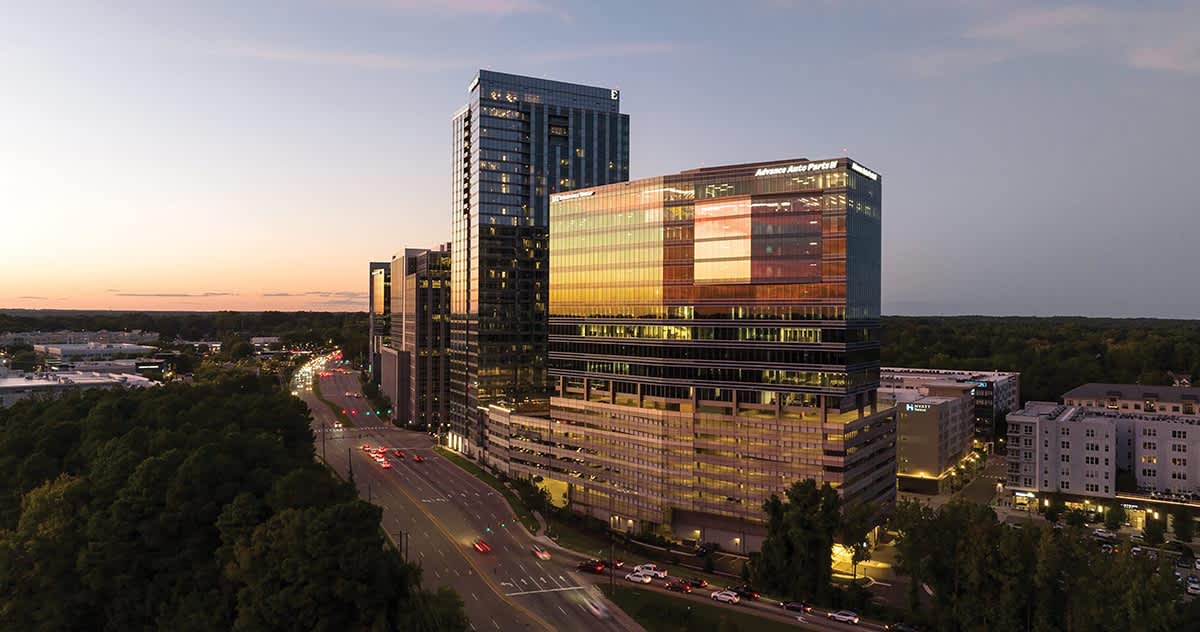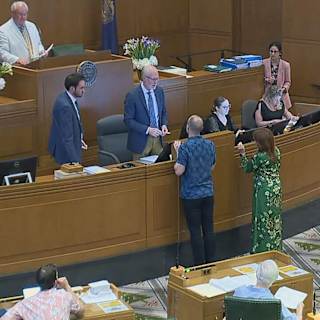- Council Cites Escalating Costs
- Costs Tripled Since 2020
- Decade-Long Planning Process
The Raleigh City Council voted unanimously Tuesday to cancel a long-planned widening of Six Forks Road after construction costs soared to nearly $94 million, more than triple the project's original budget. The decision ends a decade-long effort to expand one of the city's busiest corridors and leaves $9 million in taxpayer funds already spent on design work with no road improvements to show for it.
The cancellation reflects broader challenges facing municipal infrastructure projects nationwide as construction costs continue climbing and cities struggle to deliver on voter-approved transportation bonds.

Council member Mitchell Silver, who represents the district where the project was planned, said rising expenses made the road expansion unfeasible1. "This was a corridor project of extreme interest but we could now see the escalation in cost, which makes it just impractical, or impossible, to do," Silver told the Indy Week1.
The project would have widened Six Forks Road from four to six lanes between Rowan Street and Millbrook Road, adding multi-use paths for pedestrians and cyclists along a stretch that sees approximately 50,000 vehicle trips daily1. The corridor runs through Raleigh's Midtown and North Hills districts.
According to the Triangle Business Journal, the council approved the cancellation Tuesday despite having already invested more than $9 million in the project2.
The project's budget trajectory illustrates the mounting pressure on infrastructure spending. When design work began in 2020, the city estimated costs at $31.3 million1. By 2024, expenses had ballooned to $119 million before the council voted to reduce the project's scope to bring costs down to approximately $60 million21.
However, even the scaled-back version proved unaffordable. In March 2025, city staff informed the council that the reduced scope would cost $93.5 million—a 67% increase from the previous year's estimate21. Kenneth Ritchie, the city's assistant transportation director, attributed the jump to rising construction costs and real estate values1.
Council member Jonathan Lambert-Melton expressed frustration at the March meeting, according to NC Construction News1. "I don't see a lot of room to reduce this project anymore," he said. "I'm just shocked that after we did all that work to get it within budget, it's doubled in the past year."
The project originated from a 2012 corridor study that took six years to complete1. Voters approved funding through transportation bonds in 2013 and 2017 as part of a broader $206.7 million package for road improvements across the city23.
The Six Forks corridor study was adopted in 2018 following community engagement and design recommendations1. Construction had been scheduled to begin in late 20254.



